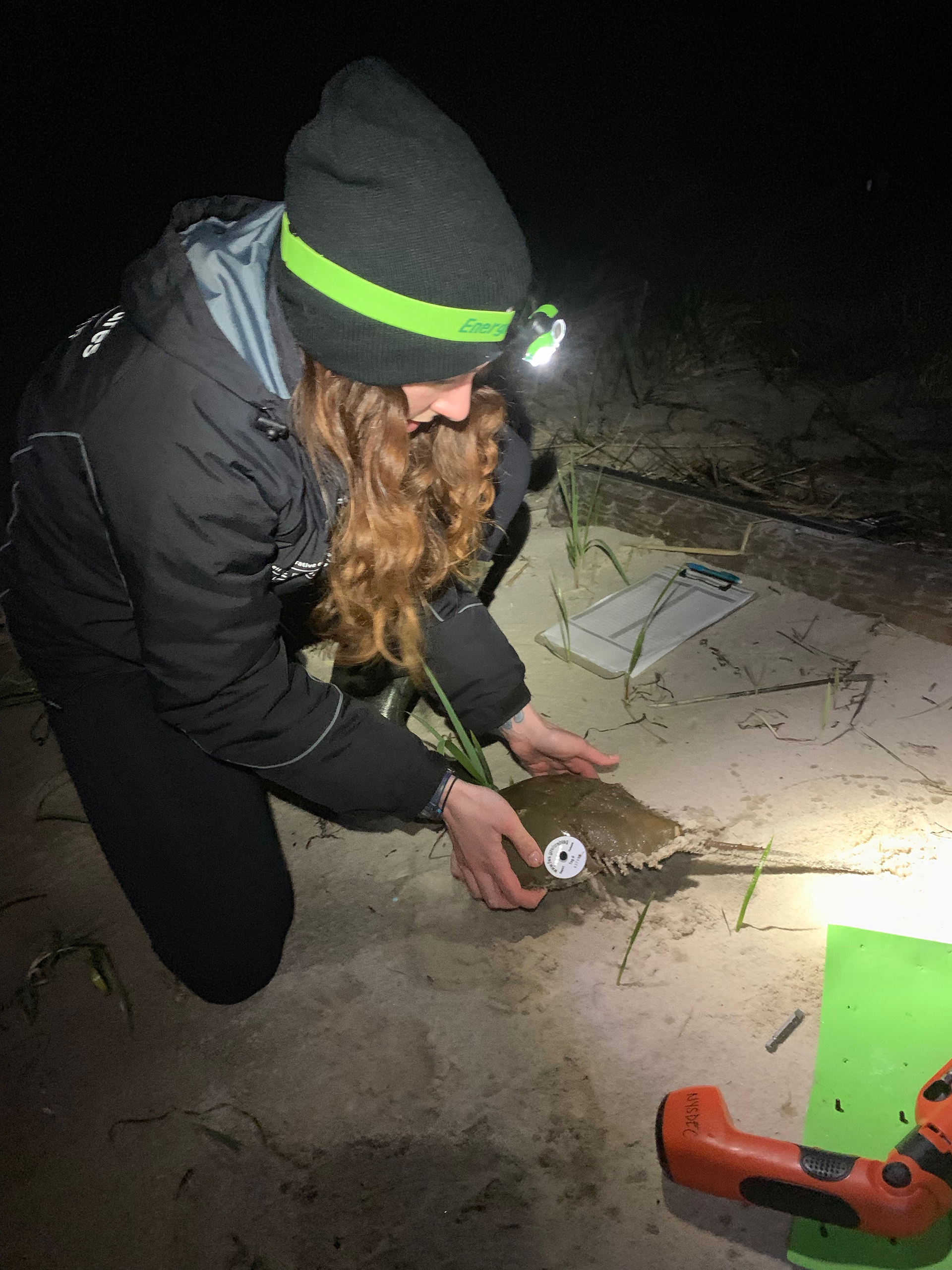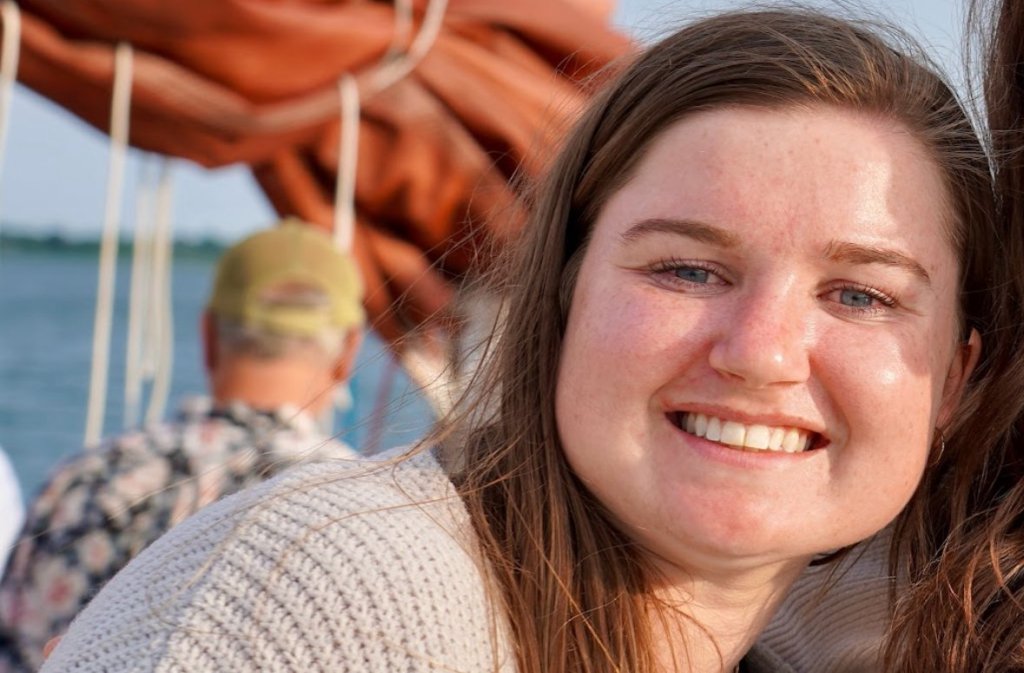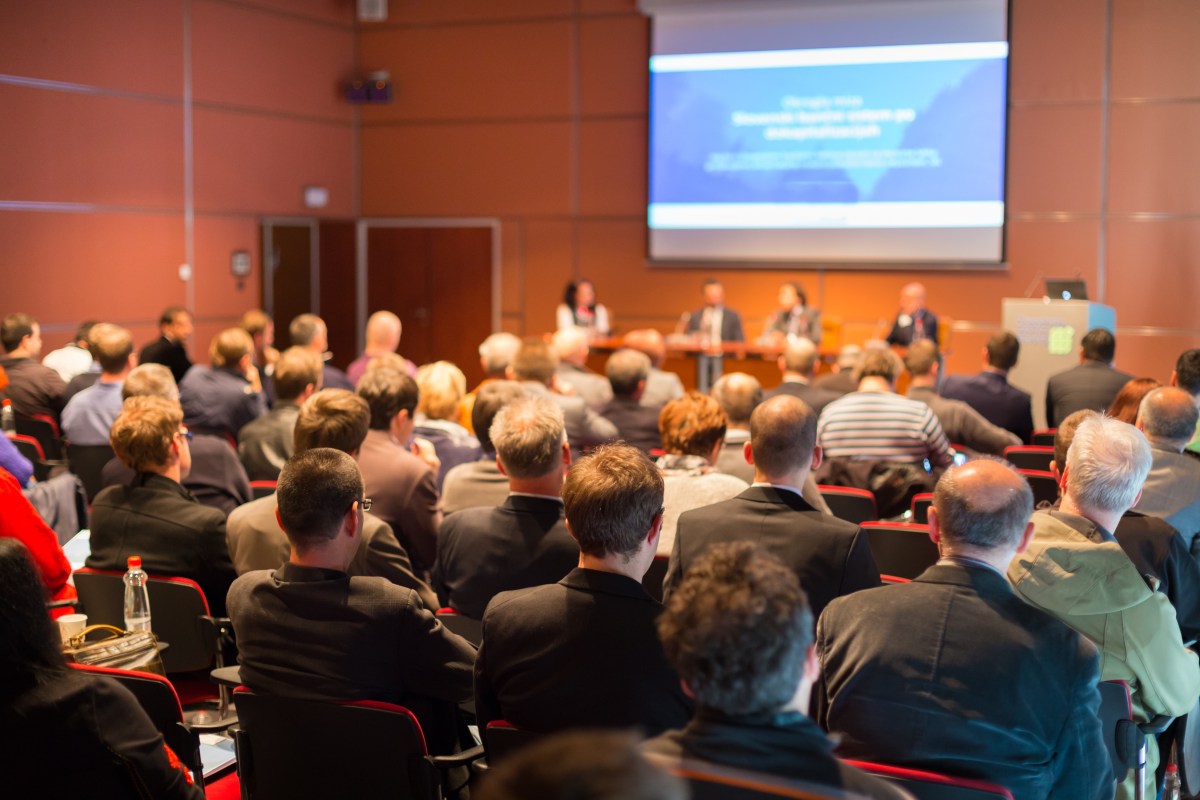Cornell Works To Protect Horseshoe Crab Population


They look like a combination of a crab, a stingray, and a helmet. These living fossils have migrated around the shallow waters of the East End for millennia, and the Cornell Cooperative Extension of Suffolk County is keeping a strong eye on horseshoe crabs this season.
The conservation group’s marine program just launched a two-year campaign to raise awareness and funds for research into the effectiveness of a partially synthetic substitute for the maritime arthropod as developed by the University of Delaware with the ultimate goal of cutting down the number of locally harvested horseshoe crabs — often used for bait — during their spawning season.
“We respect and support baymen’s rights to legally harvest horseshoe crabs as they are the preferred bait for eel and conch, but unfortunately many crabs are harvested during the spawning cycle, and, in many cases, before they are able to lay their eggs,” said marine program outreach manager Kimberly Barbour. “Getting this alternative bait trial going will enable us to work with the baymen to see how well this other bait works in hopes that we can transition to using that instead.”
Barbour said while CCE is still lining up funds to launch the trial, it is already working closely with Southampton Town Trustee President and bayman Edward Warner Jr., who will serve as a liaison to the fishing community when and if it can raise the money needed for this summer’s trials.
“These are an incredible species which has been out here for so long and we want to make sure the populations remain sustainable, so anything we can do from a scientific standpoint, we are really looking to do,” said Barbour, adding informative cards can now be found in area restaurants, bagel shops, and liquor stores. “We’re really trying to push the fundraising campaign, as getting this research project funded is going to make a big difference to the viability of the local breeding population.”
According to the National Oceanic and Atmospheric Administration Ocean Service website: “Horseshoe crabs are not really crabs (crustaceans), but are more closely related to spiders and scorpions . . . Few people realize how important horseshoe crabs are to modern medicine. Because their blue, copper-based blood quickly clots in the presence of bacterial toxins, medical researchers use it to test intravenous drugs, vaccines, and medical devices, ensuring that they are free of bacterial contamination. Every year, many thousands of horseshoe crabs are harvested from their habitats, ‘bled’ of about one-third of their blood, then returned to the beach relatively unharmed.”
According to Barbour, the reduction in horseshoe crab population reported by the Atlantic States Marine Fisheries Commission along the East Coast through Delaware and New Jersey is a trend CCE has noted in data collected by teams led by marine educator Dr. Matt Sciafani, working with the New York State Department of Environmental Conservation, to evaluate the current state of the population from what is now more than 20 sites on Long Island as far west as Jamaica Bay.
“We need all those numbers to help inform regulations and conservation measures,” said Barbour. “We’re not an organization that sets any sort of regulatory guidelines in terms of the harvest of the population, but we can help inform it by using real science.”
On Saturday night, June 1, roughly 100 volunteers from all over Long Island hit Pike’s Westhampton Dunes to help tag roughly 800 horseshoe crabs as the group continues gathering long-term data. The tagging blitz is part of the island-wide survey regarding spawning horseshoe crabs’ abundance, size, and tag return around full and new moon events from spring to early summer with a few more events left.
Those who want to get involved in the effort are encouraged to go to www.nyhorseshoecrab.org to find and fill out the necessary volunteer paperwork before going to a tagging event. Participants are also encouraged to bring a flashlight, rubber boots, work gloves, and a clipboard with some pencils.
gianna@indyeastend.com



